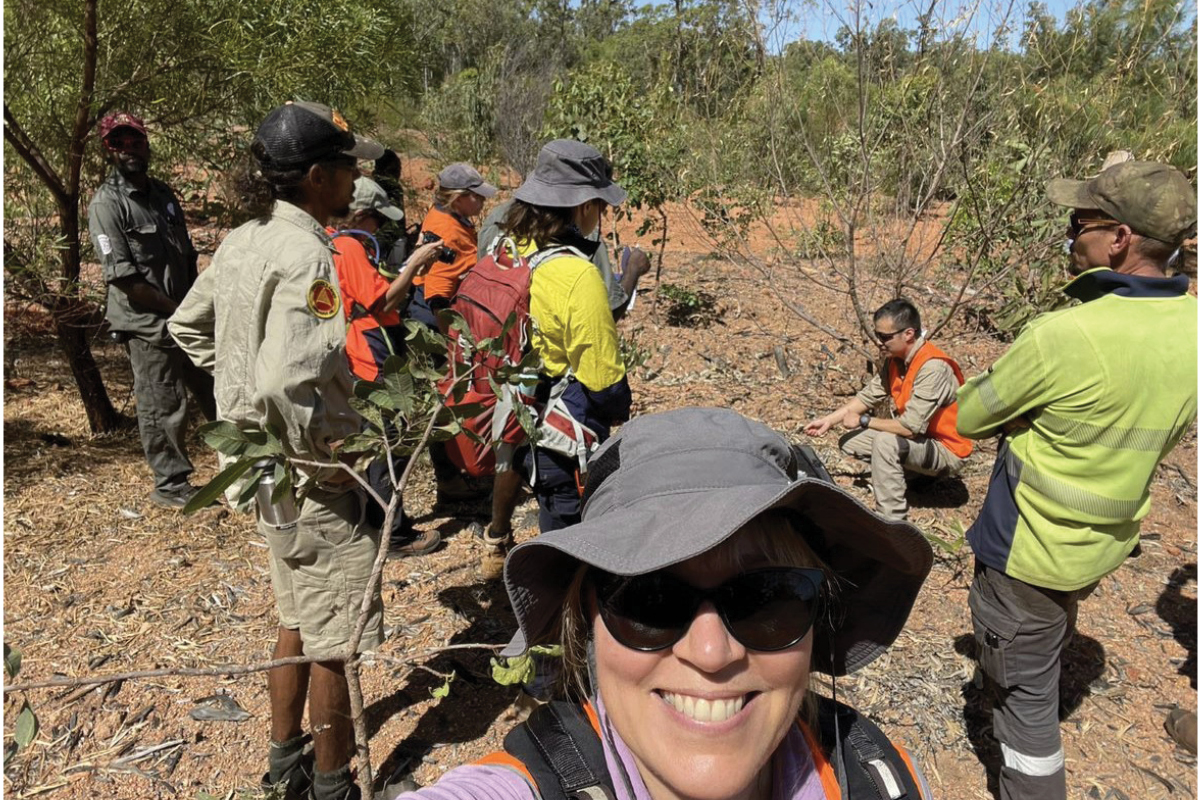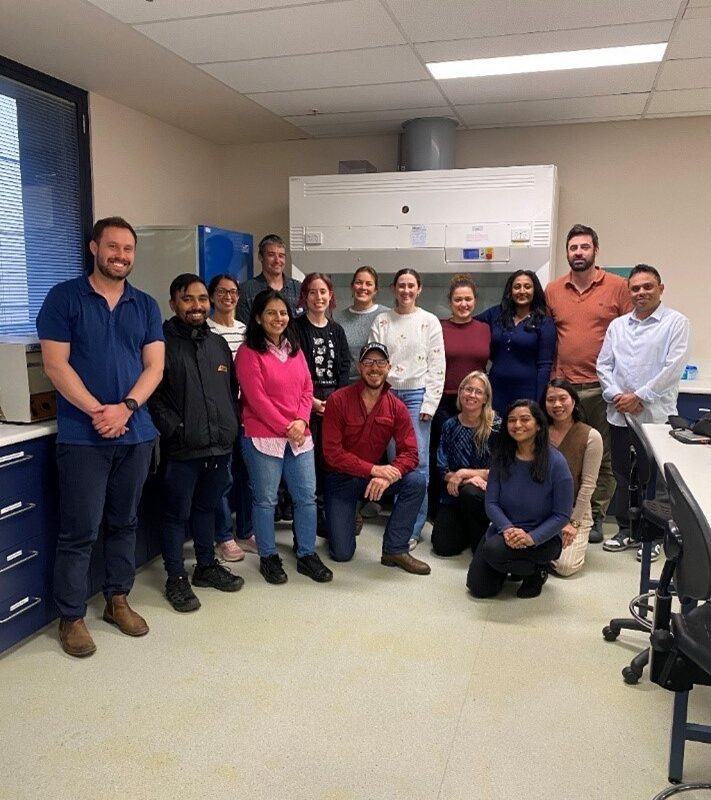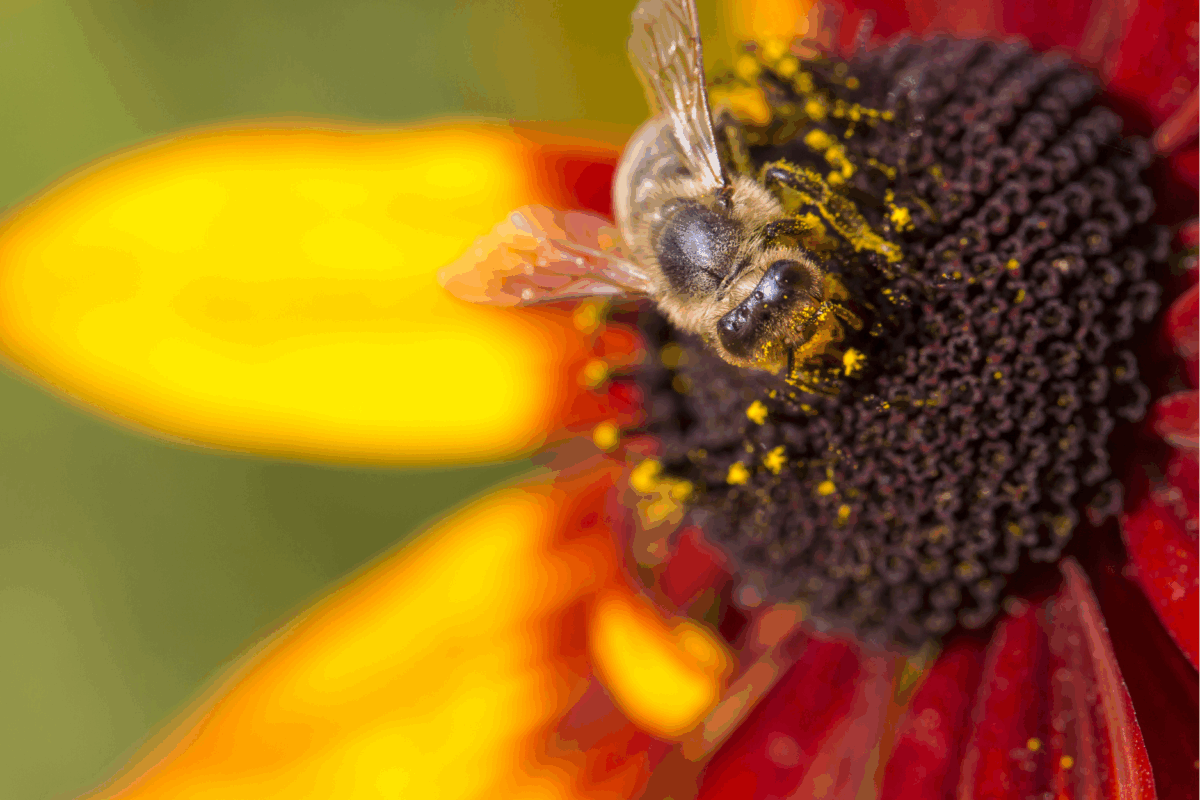Promoting biosecurity in Indigenous-led forestry enterprises
Plant Health Australia (PHA) joined project partners, the Northern Territory Department of Industry, Trade and Tourism (DITT), Queensland Department of Agriculture and Fisheries(QDAF), and the University of the Sunshine Coast, on six field campaigns to understand what needs to be done, learnt and taught to make biosecurity ‘business-as-usual’ in Indigenous-led forestry enterprises in the Northern Territory.
Funded by the Department of Agriculture, Fisheries and Forestry’s (DAFF’s) Business Biosecurity Grant, the project aims to build new partnerships to face future risks to strengthen our plant biosecurity system.
Indigenous communities in northern Australia own and manage around 46 million ha of forest. Some of these forests currently support a small and socio-economically important Indigenous commercial forestry and forest products industries such and the native forest sawmills and woodworks of Gumatj, East Arnhem, Northern Territory.
PHA’s Dr Mila Bristow, General Manager, Partnerships and Innovation, joined the visit in early September to East Arnhem partnered with Gumatj corporation, Dhimurru and Yirralka Rangers for three days of two-way learning. The forest and biosecurity specialists listened and learnt about traditional knowledge and culture, what makes healthy country and why it is important to understand what could make country unhealthy.
Science specialists shared knowledge about known forest pests and pathogens, how to look for them, how to sample them, and how to report pest and disease threats. An important takeout was how to listen and better develop training for First Nations people whose first, second and third language is not English.
The project team plans to visit the Tiwi Island’s forest plantations in October as they continue to learn how to safeguard Indigenous forest livelihoods and deliver improved biosecurity outcomes.






